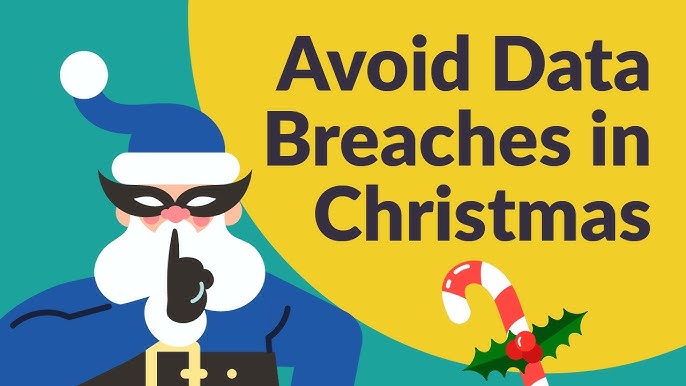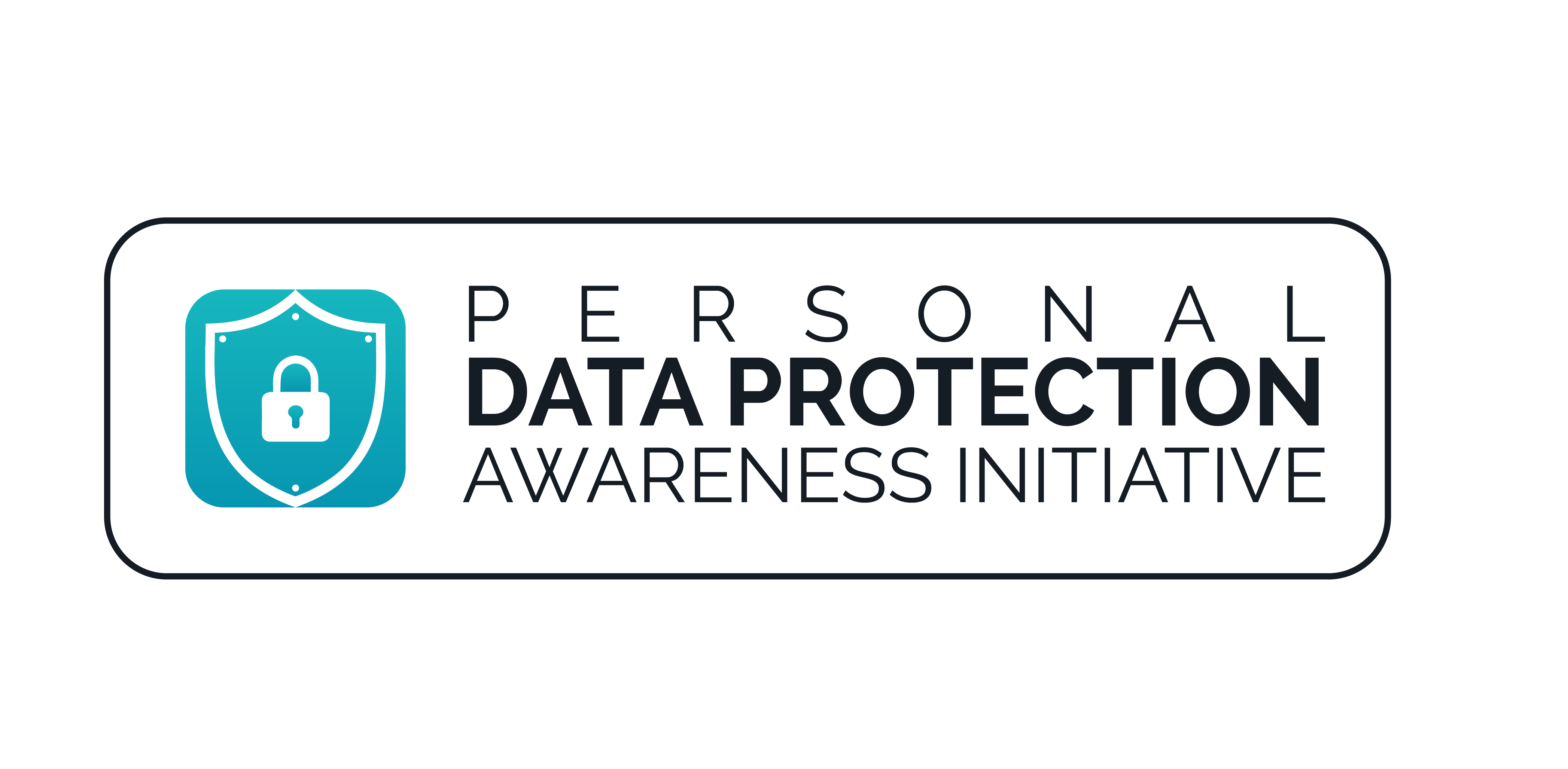
Jingle Bell Alert: How to Protect Your Personal Data During Festive Period
The festive season is a time for joy, celebration, and creating memories with loved ones. It is also an opportunity to share those moments with friends and family, often through social media. Whether you are posting photos from a festive gathering, sharing your holiday shopping adventures, or updating your status about your travel plans, social media has become an integral part of our traditions. However, as you spread the festive cheer online, it is crucial to be mindful of the information you share and, more importantly, how to protect your personal data from potential threats.
The excitement of sharing holiday updates can often cloud our judgment regarding safeguarding personal information. Cybercriminals and identity thieves are aware of the heightened social media activity around the festive period and may be looking for opportunities to exploit any vulnerabilities. In this article, we will explore how you can protect your data when sharing updates on social media and ensure that your festive season remains joyful and safe.
Understanding the Risks of Sharing Personal Data on Social Media
Before diving into the protective measures, it is important to understand the potential risks of oversharing on social media. Here are some of the most common threats:
- Phishing Attacks: Cybercriminals often use social media to launch phishing scams, tricking users into revealing sensitive personal information like passwords, credit card numbers, BVN, NIN, and Social Security numbers. These scams can take the form of deceptive messages or posts claiming to offer discounts, contests, or exclusive holiday offers.
- Location Tracking: Many social media platforms allow users to tag their locations or enable geotagging features. While this can be fun and convenient, it also provides real-time information about where you are, which can make you a target for burglars and other criminals.
- Identity Theft: Sharing details such as your full name, date of birth, or vacation plans on social media provides cybercriminals with the information they need to impersonate you. This could lead to identity theft, where thieves gain access to your bank accounts, credit cards, and other sensitive data.
- Data Mining and Targeted Ads: Social media platforms collect vast amounts of personal data from their users, including likes, shares, and location information. During the festive season, platforms may use this data to serve targeted advertisements, potentially revealing more about your interests and spending habits than you realize.
Steps to Protect Your Personal Data on Social Media
While social media platforms offer a great way to stay connected, adopting strategies to protect your personal information is essential. Here are some actionable tips for safeguarding your data during the festive season:
1. Review and Update Privacy Settings
Most social media platforms have robust privacy settings that allow you to control who can see your posts, photos, and updates. Before you start posting content, take the time to review and update these settings. You can:
- Limit visibility: Set your posts to be visible only to your friends or specific groups of people. Avoid making posts public unless it’s necessary.
- Disable location services: Turn off location tagging for photos and updates to prevent others from knowing where you are in real-time.
- Customize who can send you messages or connection requests: Only people you know can contact or see your information.
2. Be Mindful of What You Share
The festive season is filled with moments worth sharing, but it’s essential to be mindful of what information you’re putting online. Here are some types of content to consider keeping private:
- Vacation plans: Posting about your travel plans can make you a target for burglars, signaling that your home will be empty. If you must share your trip, do so only after you return.
- Personal details: Avoid posting sensitive information like your address, phone number, or any details that could lead to identity theft.
- Children’s personal information: If you post photos or videos of children, be cautious about sharing personal details such as their school name or location.
3. Beware of Phishing Scams
During the festive season, phishing scams become more prevalent. Cybercriminals often pose as trusted brands or friends to trick users into clicking on malicious links. Here’s how to protect yourself:
- Verify before you click: If you receive a holiday offer, gift card giveaway, or an email claiming to be from a retailer, don’t click on any links or open attachments unless you are sure the source is legitimate.
- Check for suspicious emails or messages: Be cautious of unsolicited messages that ask for personal or financial information. If the message appears suspicious, it is better to ignore or report it.
- Use two-factor authentication: Many social media platforms offer two-factor authentication (2FA), which adds an extra layer of security to your account by requiring a second form of identification (such as a text message code or app notification) before logging in.
4. Avoid Over-Tagging Your Location
Geotagging allows you to share your current location with others, but this can put your safety at risk, especially when traveling. To protect your privacy, follow these practices:
- Disable location services: Before posting photos or updates, ensure your location services are turned off on your devices.
- Avoid checking in at your home: Do not tag your home location in photos or status updates, as this can expose your address to anyone browsing your social media profile.
- Limit check-ins: Instead of checking in at every event or location, consider sharing general updates or pictures without revealing your precise whereabouts.
5. Use Strong, Unique Passwords
The festive season often means increased online shopping, holiday sales, and browsing. As a result, your accounts are at a higher risk of being targeted by cybercriminals. To minimize the risk:
- Use strong, unique passwords for your social media accounts. Avoid using easily guessable passwords like “password123”.
- Enable two-factor authentication (2FA) for an added layer of security.
- Monitor account activity: Monitor your social media activity for any signs of unauthorized access, such as messages you didn’t send or posts you didn’t make.
6. Educate Family and Friends
Your privacy on social media is not just about what you share but also about what others share about you. Ensure your family and friends know the potential risks of oversharing during the festive seasons. Here’s how to approach it:
- Discuss privacy: Talk with loved ones about protecting personal information online. Encourage them to ask for your permission before posting photos or updates that involve you.
- Set boundaries: If you don’t want specific details shared (such as your travel plans or private moments), let others know and ask them to respect your privacy.
7. Be Cautious of Holiday Shopping and Deals
The festive seasons are synonymous with sales and online shopping. Be aware that scammers often prey on people looking for the best holiday deals. To stay safe:
- Shop from reputable sources: Stick to well-known and trusted websites or retailers, especially when making online purchases.
- Avoid clicking on unknown links: Be wary of holiday deals or discounts from unfamiliar sources, as they could be phishing attempts or lead to fraudulent websites.
Conclusion
The festive season is a time to share joy and warmth with friends and family, but protecting your personal data when using social media is essential. By understanding the risks and taking proactive steps, you can enjoy the festivities online while keeping your information safe. From adjusting privacy settings to being mindful of what you share, a few simple precautions can ensure that your festive season remains secure, both offline and online. Stay festive, but stay safe!



